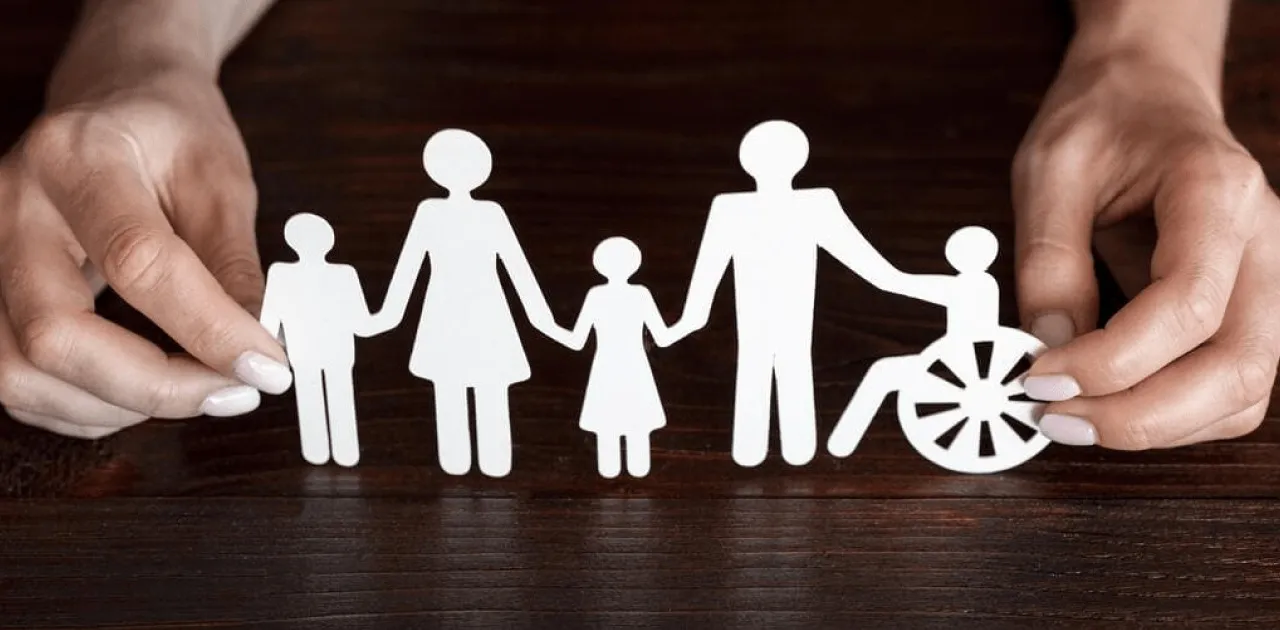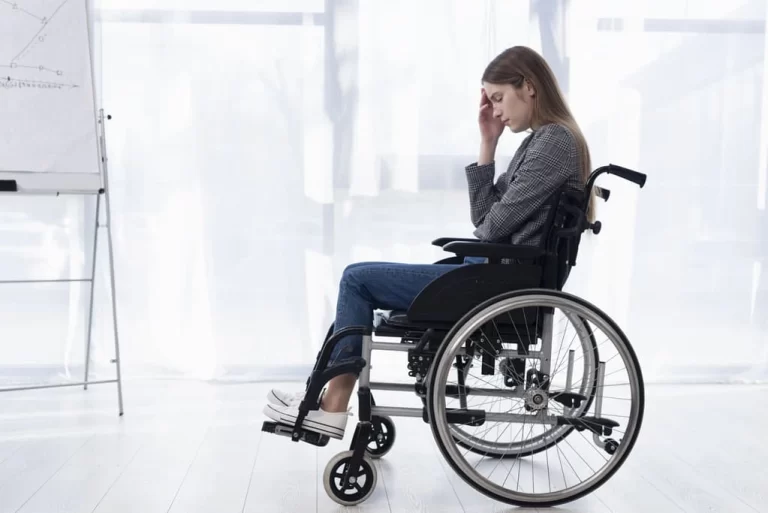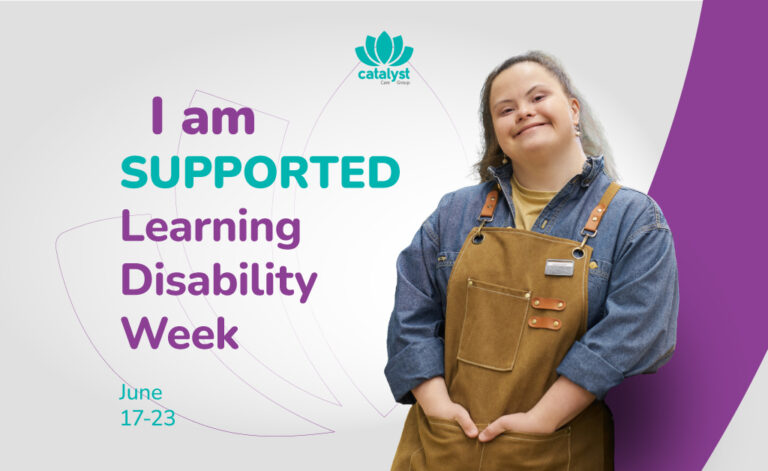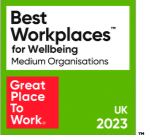Protecting people’s human rights is the statute of our service provision practices. Catalyst Care Group provides person-centred and humanised support services that align with the Care Act and regulations developed to identify and protect at-risk children and adults.
What is Safeguarding in Health and Social Care?
Safeguarding in health and social care involves protecting people’s rights to live safely and free from abuse or neglect. In essence, safeguarding practice implies protecting and respecting people’s human rights in every aspect of social care and support. It includes tackling risks that might emerge when supporting vulnerable people.
Safeguarding vulnerable groups includes:
- People with neurodevelopmental differences, such as learning disabilities
- Young people and children
- People with neurological differences, such as autism and ADHD
- People with mental health challenges
- Adults with lived experience
Based on NHS publication, about 541,535 safeguarding concerns were raised in 2021-22. These numbers show how important safeguarding in health and social care is.
Safeguarding is a central responsibility for everyone in health and social care. The following examples show the safeguarding responsibilities of medical personnel, local authorities, and support workers:
- Every medical expert or care practitioner who spots symptoms of abuse needs to follow specific procedures.
- Support workers must proactively address identified abuse or neglect in children or adults.
- Caregivers are responsible for reporting any signs of exploitation.
Catalyst Care Group provides a mandatory training program for all clinicians and teams working with people with complex needs, protecting their well-being and human rights.
Key Principles of Safeguarding
Based on the Care Act 2014, there are six principles for safeguarding people that every person involved in health and social care settings needs to follow and respect. By acknowledging these principles, we can truly understand what safeguarding means.
Empowerment
Providing a sense of empowerment through dignity and respect is the first and fundamental safeguarding principle. When working and interacting with vulnerable people, we need to pay attention to their ideas, desires, and preferences. Every person has the right to be heard and valued, and appreciation is crucial to safeguarding health and social care. Empowering people to make their own decisions and informed consent forms the foundation of Catalyst Care Group’s safeguarding procedures.
Prevention
Taking proactive strategies is also fundamental in safeguarding adults and children with complex needs. With an extensive team of Positive Behaviour Support (PBS), speech and language therapists and a trauma-informed care approach, our teams are highly trained in identifying, preventing and protecting people from abuse or neglect. In this case, it’s essential to mention that safeguarding procedures impose protection not only from physical abuse but also from emotional and physiological abuse.
Proportionality
Proportionality involves addressing all risks to soothe existing challenges or prevent further damage. This means that the safeguarding response needs to be proportional to the risk. For example, safeguarding protection should not be intrusive for the person and their family or caregivers, especially when the risk is moderate. However, severe cases require immediate and corresponding actions.
Protection
Providing protection is central to safeguarding children and adults in health and social care. It is important to note that protection and prevention are not the same. Protection involves handling harm, while prevention stops it from happening altogether.
In the course of protection, we safeguard children and adults at risk of harm or who are already facing serious harm. Proper actions and measures need to be taken to safeguard the health and social care of people who have experienced abuse or neglect.
Partnership
Safeguarding involves working in partnership between local authorities, health providers and related organisations. This means that every individual or organisation has a different function, but we all need to work together to provide safe and person-centred care. Clear and transparent communication is essential on a multi-functional level.
Accountability
Complete transparency and accountability are necessary for implementing safeguarding procedures. Every organisation and person has to understand safeguarding and take accountability. Everyone has a role to play in health and social care safeguarding, which demands cooperation.
Recognising Signs of Abuse and Neglect
Signs of abuse or neglect can be difficult to detect. The following lines aim to help individuals identify and recognise possible signs or indicators of existing abuse.
To safeguard adults and children in health and social care, practitioners need to be well-informed and able to identify the different types of abuse and neglect, including:
Abuse:
- Physical abuse
- Domestic violence or abuse
- Emotional abuse
- Financial or material abuse
- Exploitation
- Discriminatory abuse
- Organisational or institutional abuse
- Neglect or actions of omission
- Self-neglect
Neglect:
- Ignoring physical, emotional or medical care needs
- Lack of access to health, care, and educational services
- Retaining life necessities, including food and medications
- Self-neglect in terms of neglecting personal hygiene, health and environment
If any signs are noted, care practitioners should evaluate further and coordinate with other professionals to take proactive steps. Similarly, it’s important to remember that people may experience multiple different types of abuse at the same time.
The Role of Caregivers in Observing and Reporting
Caregivers play a crucial role in safeguarding individuals, particularly children, older people, or people with disabilities. Observing and reporting are fundamental aspects of their responsibility to ensure the well-being and safety of people under their care.
Observation involves attentively monitoring the physical, emotional, and behavioural cues of the individuals cared for. Caregivers must be vigilant to detect any signs of abuse, neglect, or other forms of harm. This includes being attuned to changes in mood, unexplained injuries, withdrawal, or any unusual behaviour.
Equally important is the reporting aspect of their role. Caregivers should promptly and accurately report any concerns or suspicions to their organisation’s appropriate authorities or associates. This reporting is essential for initiating intervention and ensuring that necessary actions are taken to address the safety and welfare of the individual.
Effective communication skills are vital for caregivers to convey their observations clearly and objectively. Timely reporting can prevent further harm and contribute to the overall protection of people in their care. Training and support for caregivers in recognising signs of abuse, understanding reporting procedures, and maintaining confidentiality are essential components in empowering them to fulfil their role in safeguarding. Ultimately, caregivers serve as advocates, actively contributing to a culture of safety and protection within their caregiving environments.

Reporting Obligations for Healthcare Professionals
Healthcare professionals play a crucial role in safeguarding the well-being of people, and reporting signs is integral to their responsibilities. These obligations are rooted in ethical considerations, legal requirements, and a commitment to an individual’s safety.
Observing and recognising signs of abuse, neglect, or any form of harm is part of a healthcare professional’s duty. Whether it involves children, older people, or individuals with complex needs, healthcare professionals must be vigilant in identifying red flags during their interactions.
Once potential issues are identified, healthcare professionals have a legal and ethical duty to report their concerns promptly. Reporting mechanisms may vary by jurisdiction, but the overarching principle is to ensure that appropriate authorities or designated individuals within the healthcare system are informed. This timely reporting is essential for interventions and protective measures to safeguard the individual.
Continuous education and training on reporting obligations, recognising signs of abuse, and the legal framework surrounding safeguarding are essential for healthcare professionals. By fulfilling their reporting obligations, healthcare professionals actively contribute to creating a safe and secure healthcare environment, prioritising the welfare of the people they support above all else.
The Safeguarding Adults Board, a mandatory legal body for all local authorities, supports these obligations. It is responsible for adult safeguarding and protecting adults at risk in their local community and working collaboratively to prevent abuse. They also conduct safeguarding assessments in case of concerns regarding the authorities’ response or situations of severe abuse or neglect that may result in life-threatening consequences.
Catalyst Care Group Takes Safeguarding Concerns Seriously
Catalyst Care Group provides mandatory safeguarding training for nurses, support workers and other frontline professionals working with vulnerable people within our house of brands. With an unwavering dedication to promoting and respecting people’s human rights, safeguarding children and adults is the highest priority for every member of our organisation.
Our impact-driven clinicians provide compassion and dedication in everything they do. We develop care plans based on people’s unique needs, preferences, and boundaries. People’s safety, independence and well-being are always our priority.
For more information about safeguarding, get in touch with us today! Our team is available 24/7 to meet your needs.










